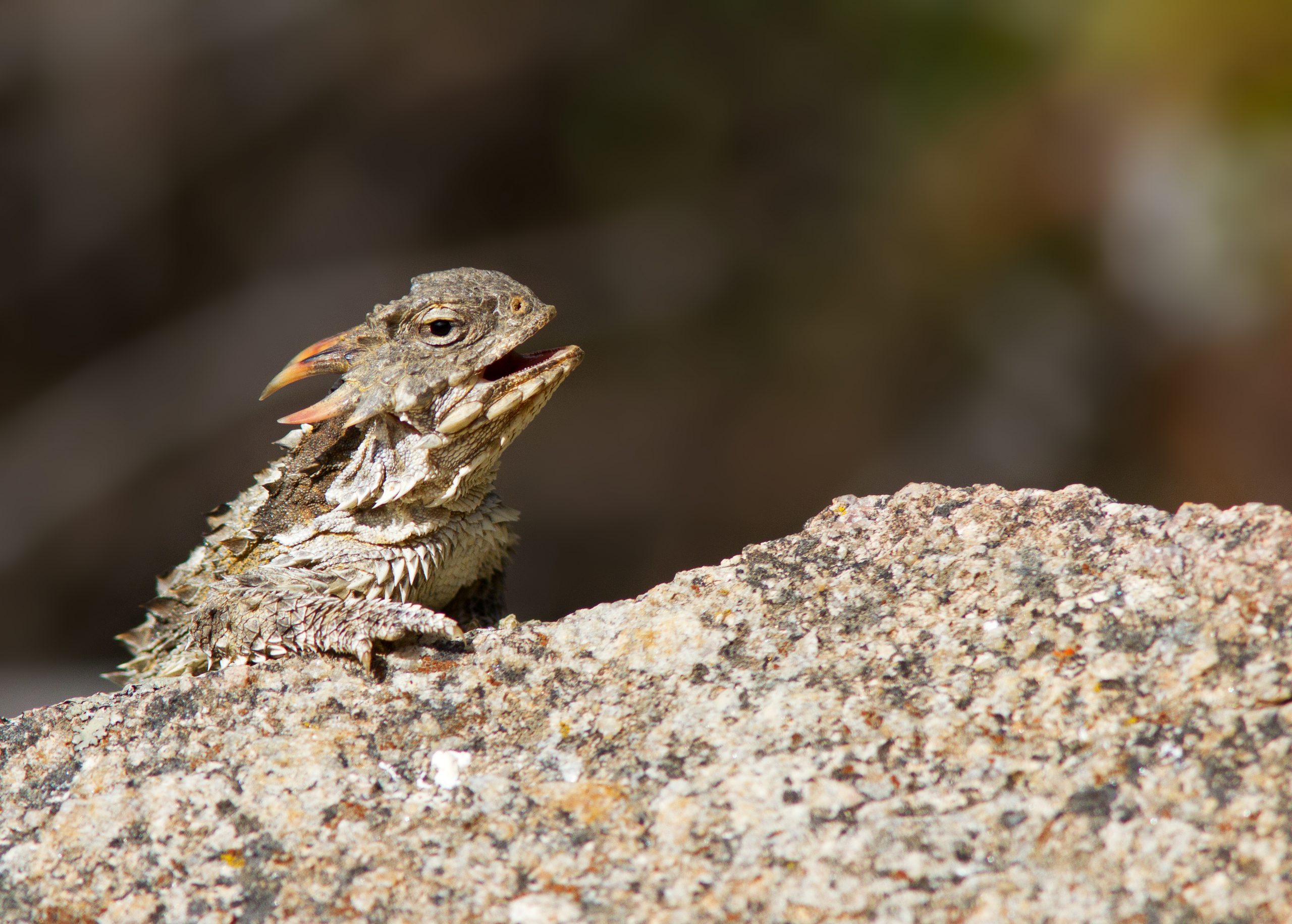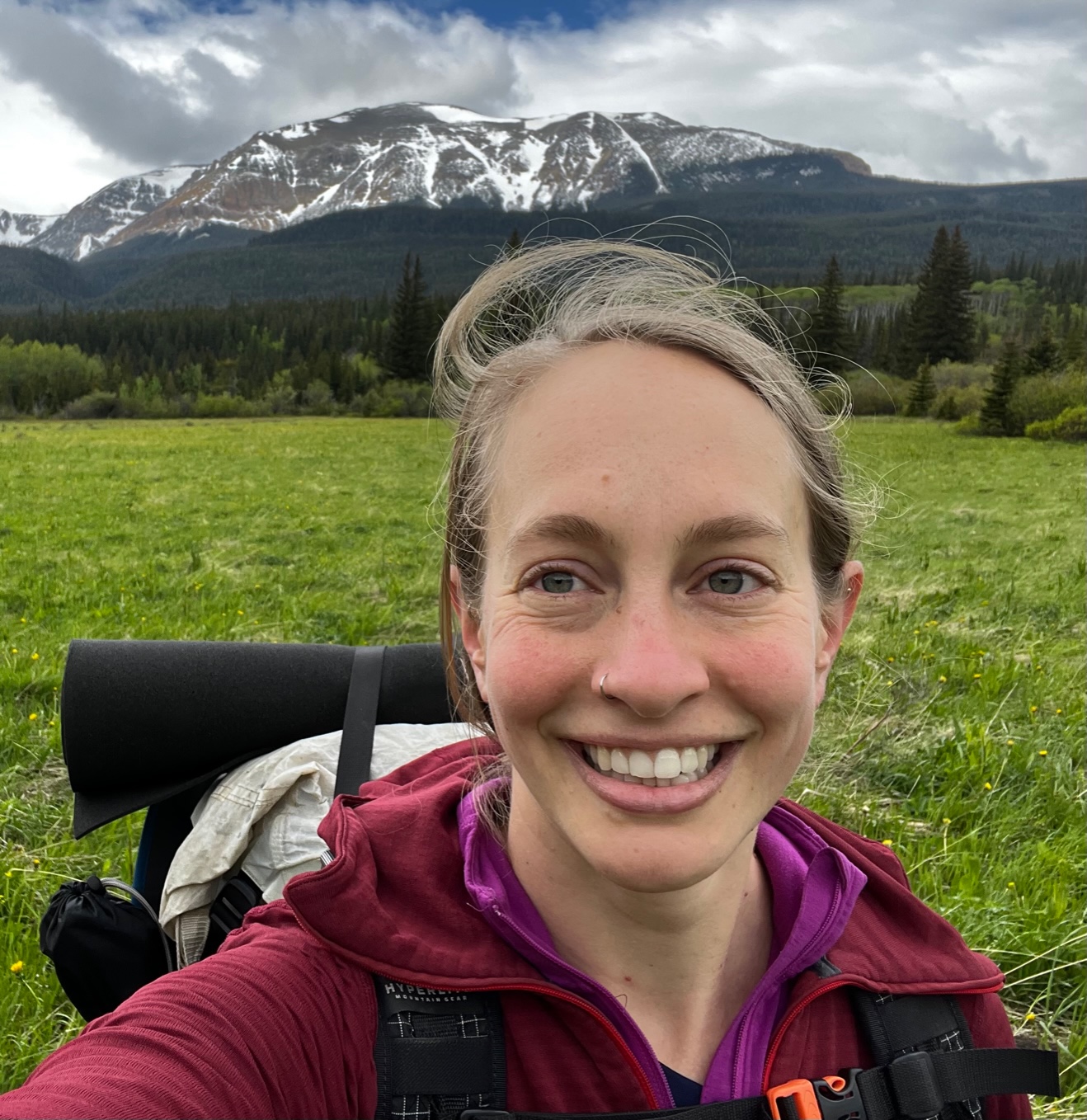
New study, led by Dakota Spear, highlights role of citizen science in data collection for museums.
As new museum acquisitions decline, citizen-science projects may become critical to the maintenance of modern species-distribution data.
Dakota Spear and colleagues
Citizen science could play an important role in ensuring museum collections are up to date and aiding biological research, according to a new study.
The study, Citizen Science as a Tool for Augmenting Museum Collection Data from Urban Areas, is published in the journal Frontiers in Ecology and Evolution. Lead author is Gates Cambridge Scholar Dakota Spear [2015], who worked on the study during her master's degree in Biological Science at Cambridge.
The study says museum collections are critical to contemporary biological research since they provide data that can be used for a variety of purposes, including assessing the history of infectious disease, historical and present levels of environmental contaminants, the effects of global climate change and patterns of biological invasion. Nevertheless, there has been a big fall in collections of new specimens in recent decades due in part to cuts in funding and a drop in the popularity of scientific collecting. This fall has affected researchers' ability to use collections to assess species responses to habitat modification, urbanisation and global climate change.
The study suggests citizen science may be an important way of bolstering museum collections data, particularly from urban regions, where ongoing data collection is critical to an understanding of ecosystem dynamics in a highly modified and variable landscape.
It compares data collected as part of the citizen-science project Reptiles and Amphibians of Southern California (RASCals), hosted on the platform iNaturalist, to data in the VertNet database, which houses millions of museum collection records from over 250 natural-history collections, for four focal species, including a native lizard of conservation concern that has declined with urbanisation, a native lizard that is widespread in urban areas and two invasive aquatic species.
The researchers compared numbers of VertNet records over time to modern RASCals records and the number of records collected from urban, suburban and protected areas from both databases. For all species, citizen-science records were generated much more rapidly than museum records. For three of the focal species, RASCals participants over 27 months documented from 70 to 750% more records than were added to the VertNet database after 1990. For the urban-tolerant southern alligator lizard, RASCals participants collected nearly 45 times more modern urban records than are contained in the VertNet database. For all other species, the majority of RASCals records were collected within suburban or other highly modified landscapes. The researchers say this shows the value of citizen science for collecting data within urban and suburban ecosystems.
The results also highlight the relevance of citizen science to studies of urban biodiversity. Urban areas are a mosaic of private properties that can be difficult or even impossible to survey using standard techniques, it states. By partnering with citizen scientists, the researchers say this challenge can be overcome.
They add: "As new museum acquisitions decline, citizen-science projects like RASCals may become critical to the maintenance of modern species-distribution data."
*Picture credit of coast horned lizard: Wikimedia Commons.

Dakota Spear
- Alumni
- United States
- 2015 MPhil Biological Science (Zoology)
- Churchill College
I currently live and work in Seattle, Washington, USA. For more information please see my LinkedIn page.
Previous Education
Pomona College












